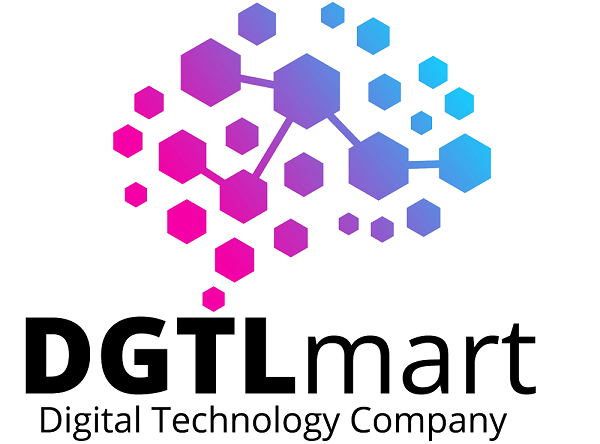Google Warns Businesses About Risks of Proposed Anti-Tech Legislation
Google has sounded a serious warning regarding proposed anti-tech bills now in the US Congress. The technology giant is cautioning that the bills hold great risk to consumers, small and medium-sized businesses, national security, and innovation—without sufficiently resolving issues in the technology ecosystem today.
One of the most disturbing provisions is one that might obligate American technology firms to provide user information—even to enemy groups. Although the bill takes into consideration the need not to provide information to sanctioned or enemy groups, they fail to concentrate on larger security threats. Google contends that it would eliminate basic protection aspects that keep users from being attacked by phishing, malware, and other harmful content.
The legislation, Google argues, disproportionately punishes successful American technology firms at the expense of granting foreign competitors greater latitude. Free products such as Gmail, Google Maps, and Search used by millions of users every day could be prohibited or modified so that they’re less handy and useful. Spam-blocking technologies such as SafeBrowsing in Chrome and anti-spam filtering might be affected as well, leaving users vulnerable to additional cyber attacks.
The other large issue is that businesses would need to obtain approval first before plugging security gaps or adding new features. This would greatly retard innovation and block necessary updates—while foreign businesses invent freely. Such limits, Google asserts, would undermine America’s leadership position in global technology and innovation.
Experts, both from both sides of the national security establishment, have seconded these fears. They caution that undermining America’s technology leaders may discourage investments in research and development, leaving America vulnerable to losing leadership in advancing technology.
The law also promises to erode privacy protections. Already, Google prevents more than 100 million phishing attacks every day and scans over 100 billion apps around the globe for threat. But according to the new law, such security scans may be prohibited or restricted if they duplicate what other firms provide.
Popular aspects of Google Search and Maps—especially live directions, opening hours for businesses, and neighborhood reviews—could be affected as well. Where third-party providers provide similar functionality, the legislation will stop Google from showing such content, which will lead to confusion, disinformation, and a poorer user experience.
In short, Google thinks the bills would create more harm than good. Instead of dealing with genuine antitrust concerns or trimming customers’ bills, the bill may limit access to beneficial services, slow innovations, undermine privacy protections, and put American companies in the shadow of foreign rivals.
At DGTLmart, we advocate for responsible technology practices and pro-innovation, balanced policies. We guide organizations through the changing digital landscape, ensuring compliance, competitiveness, and security. Our experts continue to track tech legislation and its future implications on marketing, analytics, and user experience—arming our clients with strategic knowledge and solutions.
